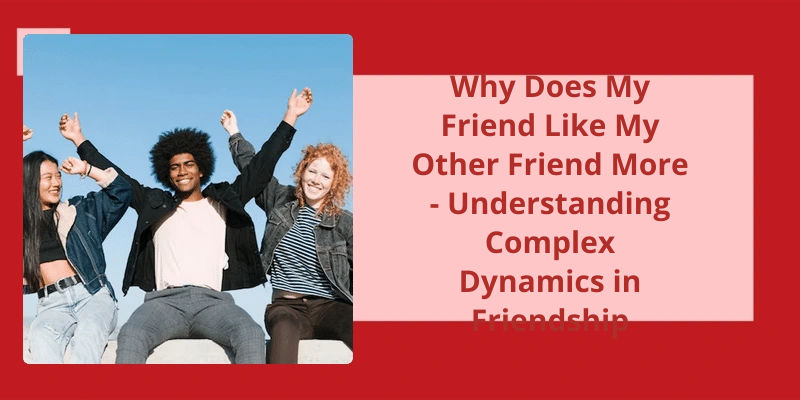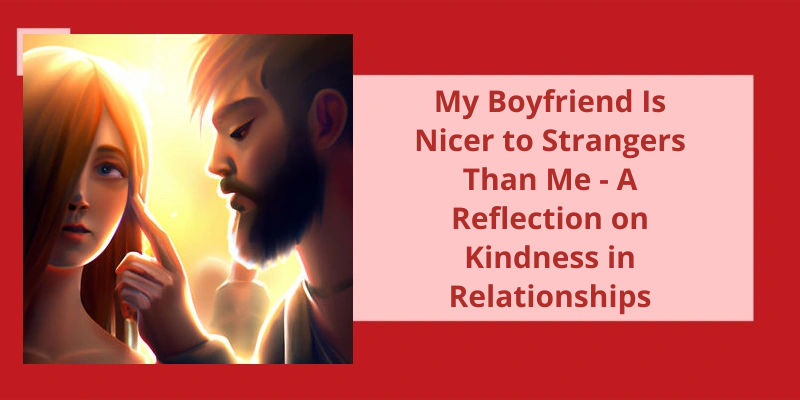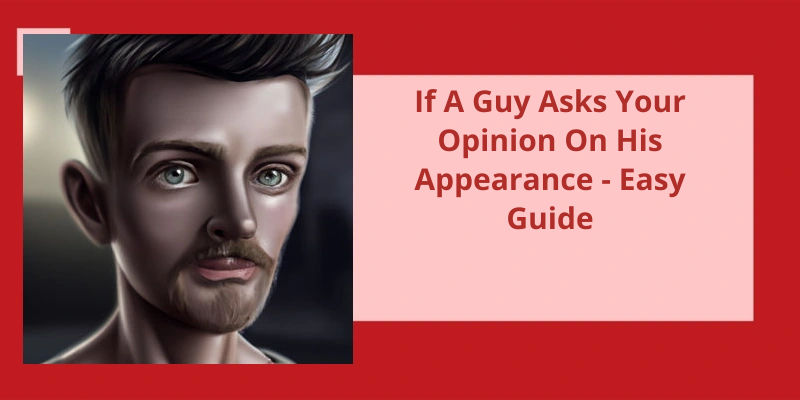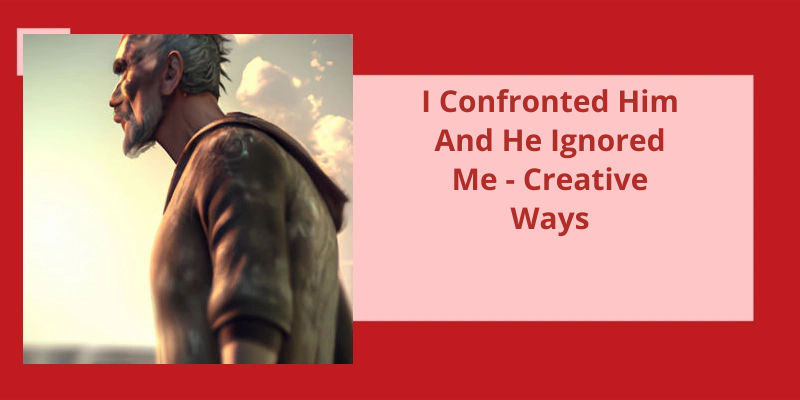As human beings, we all have our own unique personalities, interests and preferences, and this is particularly evident in our social relationships. We form connections with people who we feel a genuine connection with, sharing common interests, values and experiences. However, it isn’t uncommon to encounter situations where we feel that our friend is more interested in someone else, even if we may consider them to be closer or more important to us. This can lead to feelings of jealousy, insecurity, and confusion as we try to understand why our friend may be showing more favoritism towards someone else. It can be difficult to navigate these feelings and understand the underlying reasons for why our friend may be drawn to others, but taking the time to reflect and communicate openly can help to strengthen relationships and build a deeper understanding of one another.
Why Are Friends Jealous of Each Other?
D., a licensed clinical psychologist. Friends may feel jealous of each other due to a range of factors such as career successes, romantic relationships, financial statuses, or even physical appearances. The pressure to constantly perform and succeed in all aspects of life can lead to a sense of competition within friendships. This competition can fuel feelings of jealousy and envy, especially when one friend seems to be thriving in a particular area where the other is struggling.
Moreover, jealousy can also arise due to differences in values and life choices. For example, if one friend prioritizes spending time with their significant other while the other values career and personal ambitions higher, there may be a sense of jealousy or resentment towards the friend who seems to be neglecting the friendship. These differences can create feelings of inadequacy or fear of missing out, which can manifest as jealousy or envy.
Additionally, social media can effectively amplify feelings of jealousy and envy within friendships. Social media platforms act as highlight reels of our lives, showcasing only the best moments and accomplishments. Seeing a friend post about a new promotion, exciting vacation, or perfect relationship can evoke feelings of jealousy and comparison, even if we know deep down that their online persona may not be an accurate representation of their life.
Women, in particular, are often pitted against each other as rivals instead of being encouraged to support and uplift each other. This constant comparison and competition can lead to feelings of jealousy where individual successes are celebrated as a threat to the collective rather than a source of joy and inspiration.
While it’s natural to feel envious or insecure from time to time, it’s essential to recognize and address these feelings in a healthy and productive way. Open communication, self-reflection, and actively working on building self-esteem and confidence can help mitigate feelings of jealousy and promote more healthy and supportive friendships.
How to Cope With Jealousy in Friendships
Jealousy in friendships can be tough, but there are ways to cope. One strategy is to identify the root of your jealousy and examine why it’s causing you to feel this way. It’s important to communicate your feelings with your friend in a respectful manner and try to find a solution together. Practicing mindfulness and focusing on your own accomplishments can also help shift your perspective away from comparing yourself to others.
Identifying jealousy in a friend can be difficult, but there are certain behaviors that may indicate envy and insecurity. One sign could be if they constantly try to outdo or one-up you in various aspects of your life. This could be a clear indication that they’re feeling jealous of you in some way. Another common behavior is when they imitate you but also try to go one step farther in an attempt to prove themselves to be superior. These actions could be subtle, but if you notice a pattern, it might be wise to address the situation with your friend.
How Do You Know if Your Friend Is Jealous of Your Other Friend?
At times, it’s tough to understand the true feelings of your friends, especially when it comes to jealousy. One of the most common signs of jealousy in a friend is their tendency to one-up you or outdo you at every opportunity.
If every time you share something with your friends, they try to top it in some way, that’s a clear sign of jealousy. This kind of behavior is often subtle, but it can be noticed over time as they continue to take it up a notch each time you share an accomplishment. While some might think this is just friendly competition, it can border on being unhealthy and lead to a strained relationship.
If they suddenly act distant or cold, there might be underlying issues. They might also try to exclude you from group events, which could hurt your feelings and your friendship. It’s important to communicate with your friend and try to understand whats going on.
This behavior demonstrates that they aren’t only insecure but also self-centered, and this can lead to unhealthy behavior that can put a strain on your friendship.
It can also be a sign that your friend is competing with you constantly. If every time you speak, your friend feels challenged to gain the upper hand, it can lead to tension and stress within the friendship.
If you notice any of these signs in your friend, try to speak with them about it, and be understanding. Being open and honest with your friend can help ensure you’ve a long-lasting, healthy relationship.
Signs of Toxic Friendships and How to End Them
- Constant negativity and criticism
- Feeling drained or exhausted after spending time together
- Lack of support or empathy
- Frequent arguments or conflicts
- Manipulation or control
- Gossiping or spreading rumors
- Disrespectful or demeaning behavior
- Unequal give and take in the friendship
- A feeling of obligation or guilt to maintain the friendship
- Difficulty being yourself around the friend
- If you’ve identified signs of a toxic friendship, it’s important to take action to end it. This can mean having a difficult conversation with the friend, gradually reducing contact, or cutting ties completely. It’s important to prioritize your own mental health and well-being in these situations.
Navigating friendships can be challenging, especially when jealousy arises. It’s important to address the issue and communicate your feelings in a gentle yet assertive manner. Friendships are built on trust and mutual respect, so it’s essential to work together to maintain a positive relationship.
What to Do if My Friend Is Jealous of My Other Friend?
It’s okay to have close relationships with multiple friends, but it’s important to recognize that jealousy can arise. If your friend is jealous of your other friend, it can create tension and awkwardness within your group. The first step is to approach your friend with empathy and understanding. Try to put yourself in their shoes and understand where their jealousy may be coming from.
Next, it’s important to communicate with your jealous friend. Try to find a time when you can sit down and have an honest conversation about their feelings. Let them know that you value your friendship with them, but also value your other friendships. Be gentle, but firm in your approach. It’s important to be assertive and let your friend know that you won’t tolerate negative behavior.
Finally, don’t be afraid to seek outside help if needed. If your friends jealousy is causing significant stress or drama in your life, it may be worth talking to a trusted adult or counselor for support. They can help you navigate the situation and come up with a plan for resolving conflicts and maintaining healthy friendships. Remember that it’s important to prioritize your own well-being and happiness in any situation, even when dealing with complicated emotions like jealousy.
How to Spot Signs of Jealousy in a Friend
- They become quiet or distant when you share good news
- They frequently compare themselves to you
- They make negative comments about other people in your life
- They become defensive or angry when you spend time with other friends
- They ask you a lot of questions about your personal life
- They constantly need reassurance from you
- They try to one-up you in conversations
- They become critical or dismissive of your accomplishments
Source: Why my friend is jealous when I talk to other friends (we are …
Conclusion
In conclusion, there are multiple complexities that come with human relationships and it can be difficult to determine why one friend may be favored over another. It’s important to understand that everyone has their own preferences and connections with different people, and it may not necessarily be a reflection of how they feel about you as a friend. Open communication and honesty can help alleviate any tensions or concerns, but ultimately, it’s important to focus on building strong, genuine friendships regardless of any perceived favoritism.






